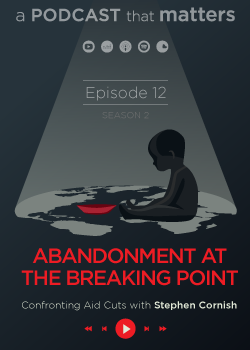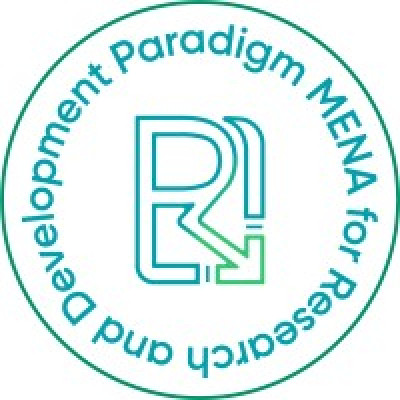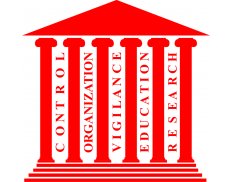Print

Institute For Social Development Studies (ISDS)
General
Jobs • 0
Shortlists/Awards • 2
Pricing strategy • 0
Partners/Competitors • 0
More
General
Jobs
Shortlists/Awards
Pricing strategy
Partners/Competitors
Tenders
Details
Legal residence:Vietnam
Organization type:Nonprofit institute / think tank
Funding agencies: Department of Foreign Affairs and Trade - Australia, Other
Sectors: Advocacy, Democratization, Gender, Inst. Devt. & Cap. building, Poverty Reduction, Research, Social Development
Status:
Active
About
The Institute for Social Development Studies (ISDS) is a Vietnamese non-profit, non-governmental organization registered under the Vietnam Union of Science and Technology Association (VUSTA). The Institute was established on May 27th 2002 by the Decision 468/TC-LHH of VUSTA. It enjoys a national reputation based on the quality of its work and its commitment to apply academic knowledge to address national challenges – to inform as well as to influence. ISDS’ vision of Vietnam is to be a country in which poverty is eliminated, the voices of all people are heard, and rights-based social justice prevails. The Institute mandates itself the following mission and goals:
Mission
To work with local and global partners to build a democratic, inclusive, and participatory society in Vietnam with an emphasis on promoting rights of under-privileged populations.
Goals:
Institutional goal
To become a social development think tank in two broad areas of: 1) gender, sexuality and sexual health; and 2) social inclusion of under-privileged populations; with gender and rights are cross-cutting foci. Each area is a combination of research, advocacy, information sharing, and capacity-building.
Development goal
To 1) increase knowledge and understanding of gender, sexuality, sexual health and sexual rights of the general population; and 2) promote rights and greater social inclusion, empowerment and community development of under-privileged populations.
Top partners

Top competitors


Similar Companies
By Sectors and Organization Types
Country:
Bangladesh
Awards:
1
Jobs:
0
Country:
Spain
Awards:
0
Jobs:
0




